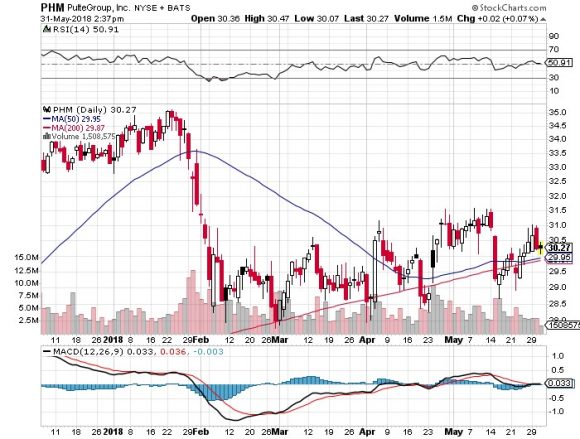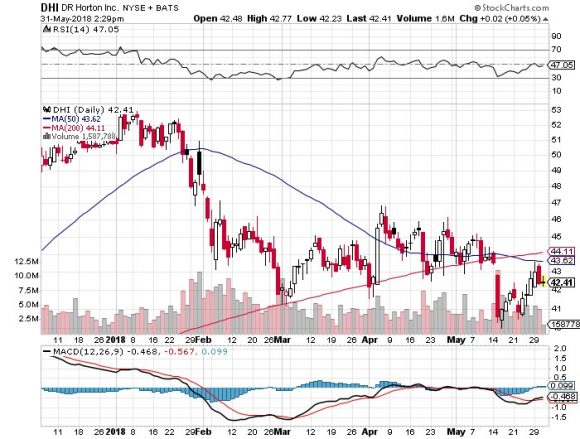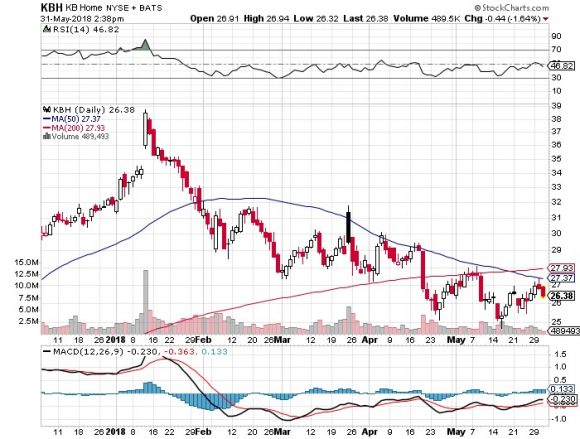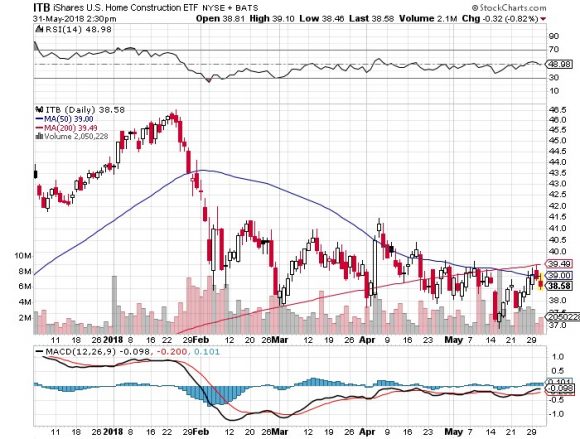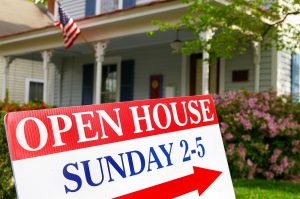Here is Your Top-Performing Investment for the Next Five Years
Is gold your best performing asset for the next five years? Is it high-growth technology stocks? Energy stocks? Or maybe biotech shares?
How about French collectable postage stamps or vintage racing cars?
Nope, you're not even close. I'll give you a hint: You're probably sitting in it.
Yes, the best performing investment you will own for the next five years will most likely be the home you live in.
Psshaww you may say. Perhaps even balderdash! However, if you look at the crucial data that drives this long-ignored sector, my conclusions are unassailable.
If fact, you can pretty much count on your home to appreciate at a 3% to 4% annual rate until well into the next decade, and much more if you are fortunate enough to live on the red hot west coast.
Net out the copious tax breaks that still come with home ownership, and your take home will be even higher than that.
This beats the daylights out of stocks (SPY) (1.84% yield), 10-year Treasury bonds (TLT) (2.85%) and approaches junk bonds (HYG) (5.74%) in terms of the potential returns.
For a start, the Federal Reserve's go-slow policy on interest rate rises is hugely pro housing.
The conventional 30-year fixed home mortgage can now be had for a bargain 4.5%. And many finance their properties with the 5/1 ARMs that I have been recommending, which are currently going for only 3.25%.
Worried about what happens in five years when the interest rate is reset? Just refinance during the next recession, which will almost certainly happen well before then, and you'll probably get a lower rate than you can get now.
That is, assuming you still have a job.
The good news for those homeowners who rely on the floating rates of an adjustable rate mortgage is that this is not a low interest rate decade, but a low interest rate century.
Another positive is weekly jobless claims of 222,000 at 43-year low, and a decade low unemployment rate of 4.0%, meaning that a lot more people have the income with which to purchase homes, far more than only a couple of years ago.
Not only will this be a low interest rate century, it will be a low energy cost century as well. If solar energy costs continue their dramatic rate of improvement, around 50% every four years, it will nearly be free by 2030.
Not only will free energy provide a big underpinning under home values. It will also increase the value of suburban homes where commuting is a major factor.
It gets better.
You know that Millennial of yours who's been living in your basement since he graduated from college?
Go downstairs and take a look. Chances are he probably moved out when you weren't looking, turning his prodigious gaming skills into a high-paying coding job.
What's more, he's now dating a girl. You know, the one with the nose ring, the streak of purple hair, and tattoos up and down both arms?
That leads to family formation. And you know what? The most important trend affecting the economy that no one knows about is that THE UNITED STATES IS ABOUT TO ENJOY ANOTHER BABY BOOM!
That's why new household formations are likely to jump from the current 1.2 to 1.5 million a year in the coming decade.
However, only 1 million homes a year are being built, thanks to the halving of construction capacity in the aftermath of the Great Recession. Subtract from that 250,000 houses a year that get demolished.
Does anyone hear the words "short squeeze"?
That means 85 million Millennials will be chasing the homes of only 65 million Gen Xer's. Here in the San Francisco Bay Area they are showing up at weekend open houses and paying cash for beautiful $3 million homes with great views, writing the check right on the spot.
Americans aren't the only ones buying homes. Some 8% of all the real estate sold in the U.S. in 2017 was to foreign investors, largely Chinese and Hispanics, according to the National Association of Realtors. That is an all-time high. They view U.S. real estate as a great asset protection strategy.
Are you convinced now? Are you ready to jump into the real estate boom and participate more than just through your residence?
Fortunate, there are a number of ways you can achieve this.
You can also go into traditional new homebuilders, such as KB Homes (KBH), Pulte Homes (PHM), and DH Horton (DHI). Another option is to take a basket approach by picking up the iShares U.S. Home Construction ETF (ITB).
See you at the next open house!


